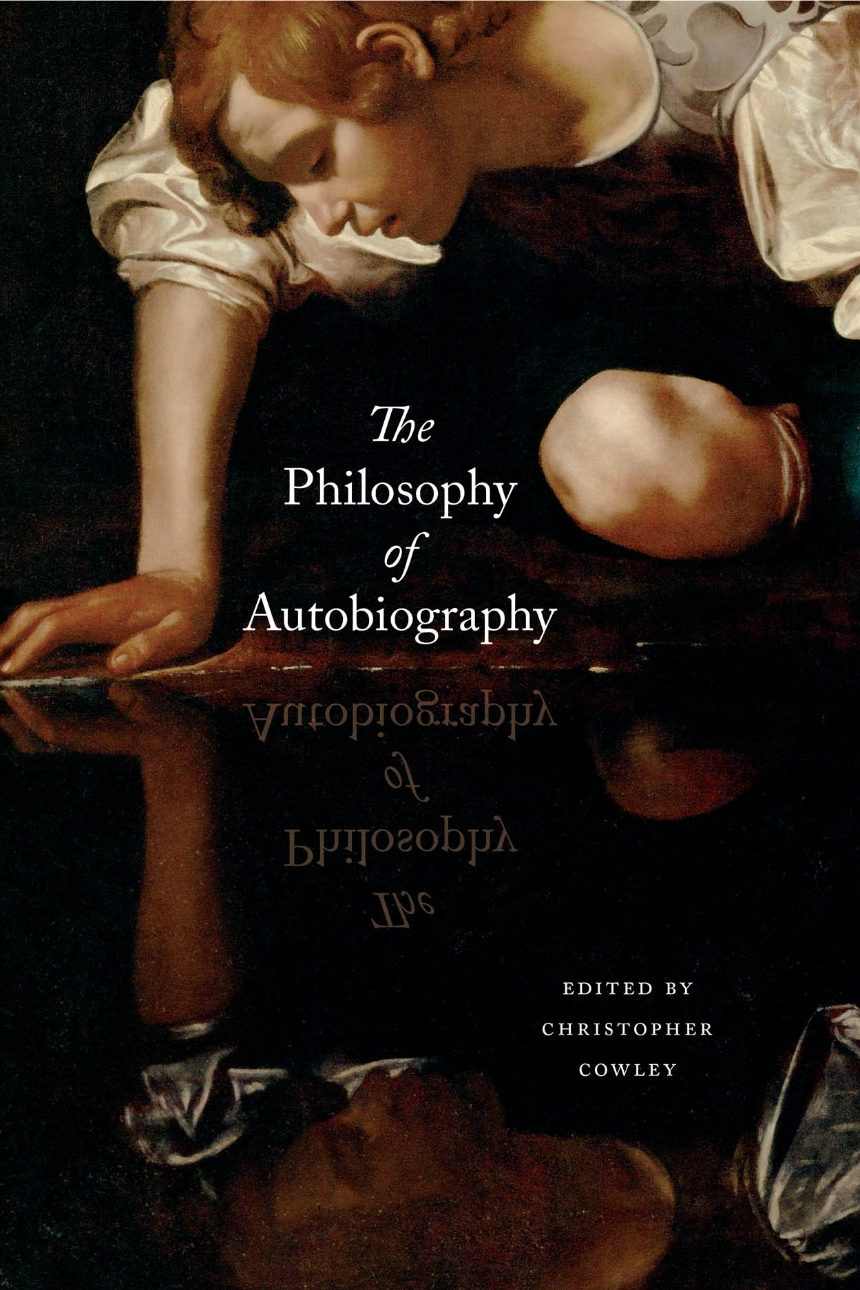The Philosophy of Autobiography
Cowley and his contributors show that while philosophers have seemed uninterested in autobiography, they have actually long been preoccupied with many of its conceptual elements, issues such as the nature of the self, the problems of interpretation and understanding, the paradoxes of self-deception, and the meaning and narrative structure of human life. But rarely have philosophers brought these together into an overarching question about what it means to tell one’s life story or understand another’s. Tackling these questions, the contributors explore the relationship between autobiography and literature; between story-telling, knowledge, and agency; and between the past and the present, along the way engaging such issues as autobiographical ethics and the duty of writing. The result bridges long-standing debates and illuminates fascinating new philosophical and literary issues.
272 pages | 6 x 9 | © 2015
Language and Linguistics: Philosophy of Language
Literature and Literary Criticism: General Criticism and Critical Theory
Philosophy: General Philosophy
Reviews
Table of Contents
Introduction: What Is a Philosophy of Autobiography?
1 Art Imitating Life Imitating Art: Literary Narrative and Autobiographical Narrative
Marya Schechtman
2 A Person’s Words: Literary Characters and Autobiographical Understanding
Garry L. Hagberg
3 Body, Memory, and Irrelevancies in Hiroshima mon amour
Christopher Hamilton
4 Memory, Self-Understanding, and Agency
Marina Oshana
5 Telling Our Own Stories: Narrative Selves and Oppressive Circumstance
John Christman
6 Self-Deception, Self-Knowledge, and Autobiography
Somogy Varga
7 Autobiographical Acts
D. K. Levy
8 Writing about Others: An Autobiographical Perspective
Merete Mazzarella
9 From “I” to “We”: Acts of Agency in Simone de Beauvoir’s Philosophical Autobiography
J. Lenore Wright
10 Fraudulence, Obscurity, and Exposure: The Autobiographical Anxieties of Stanley Cavell
Áine Mahon
List of Contributors
Index
